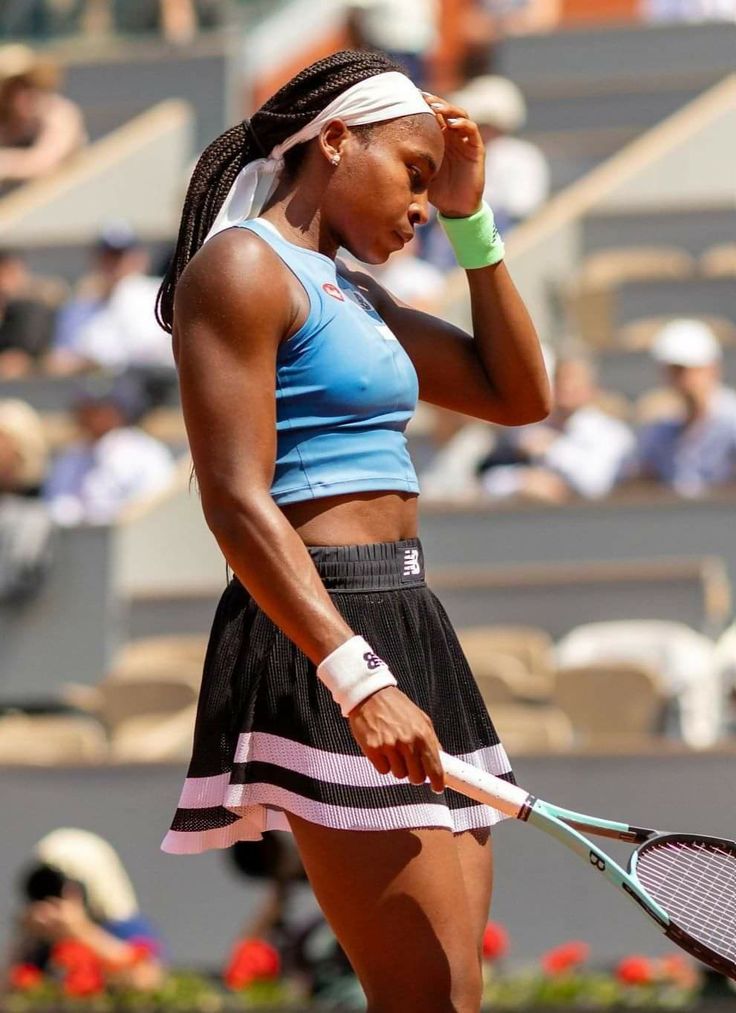In the wake of the June 7, 2025 French Open final, Coco Gauff and Aryna Sabalenka found themselves at the center of a stirring controversy. Sabalenka, visibly frustrated after losing 6–7, 6–2, 6–4, told reporters that her unforced errors—rather than Gauff’s brilliance—had determined the match. She remarked that Gauff “won not because she played incredible; just because I made all of those mistakes” rticularly from U.S. media and fans, who accused Sabalenka of disrespecting her opponent and downplaying Gauff’s achievement. The criticized nature of Sabalenka’s words fueled headlines and social media outrage, amplifying the conversation far beyond the tennis court .
As Wimbledon approached, the two players publicly made amends. Sabalenka extended a private apology and clarified that her comments were fueled by emotional aftermath—not intention to belittle. The apology was described by Sabalenka herself as acknowledging that her remarks were “unprofessional” . Gauff accepted the apology, responding at a media session with grace, calling it “water under the bridge,” and participating in a playful TikTok video with Sabalenka on Wimbledon’s Centre Court—a visible sign that the feud had been resolved.
However, Gauff also addressed the intensity of the public backlash. She voiced concern that the criticism directed at Sabalenka had crossed reasonable boundaries. “I think people were taking it too far,” Gauff said, adding that she didn’t want to “fuel more hate in the world. She emphasized that Sabalenka’s mental state led to emotional comments, not malice, stating: “I’m not the person that will fuel hate in the world”.
Gauff continued, “It was just really targeting and saying a lot of things that I felt were not nice. I didn’t want to fuel that more.” Her intention was a call for empathy, encouraging fans and media to move past the incident and not magnify negativity.
Sabalenka’s apology extended beyond just words. “I was just completely upset with myself, and emotions got over me,” she confessed. She expressed regret, describing herself as still “learning in life” and keen to gain emotional maturity on the tour . In a Spanish-language interview with Eurosport Germany, she further reflected on how pressure influences performance and vowed to respect her opponents moving forward.
Now that the drama has subsided, both athletes appear ready to channel their focus back into competition—Gauff into her Wimbledon campaign and Sabalenka chasing her first title at the All England Club, a milestone still eluding her. Analysts see this moment not only as reconciliation but as a potential turning point for one of the sport’s rising rivalries—a healthy tension that could elevate women’s tennis reminiscent of past iconic duels .
Gauff and Sabalenka’s reconciliation sends a powerful message: fierce competition shouldn’t preclude mutual respect. And while emotions may flare in the heat of such battles, the grace with which both handled the fallout—especially Gauff’s plea to avoid fueling hate—may prove even more influential than any headline-grabbing match.
